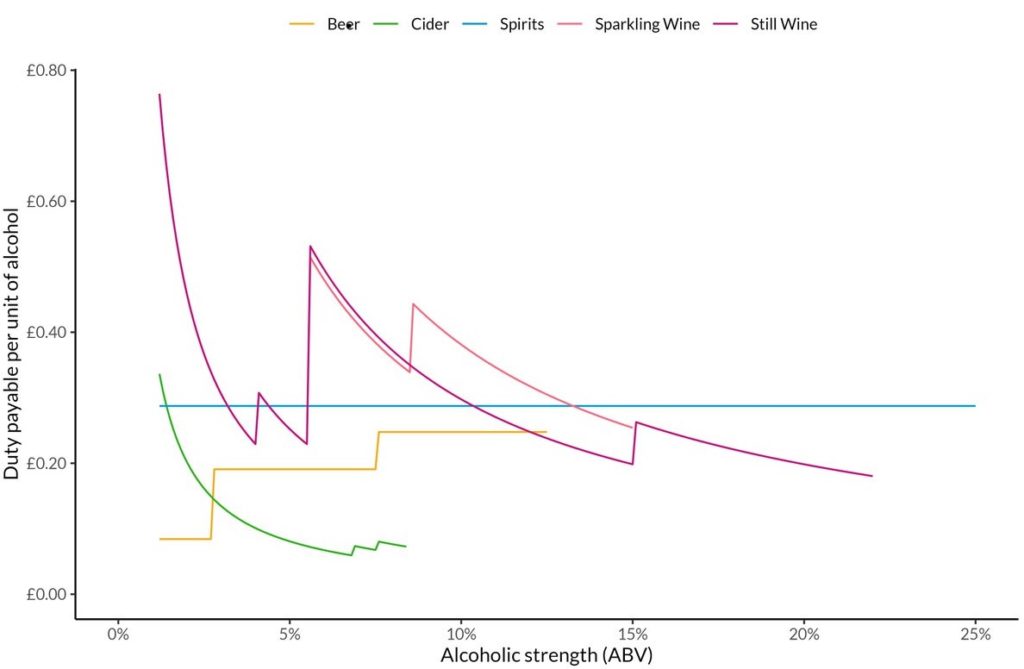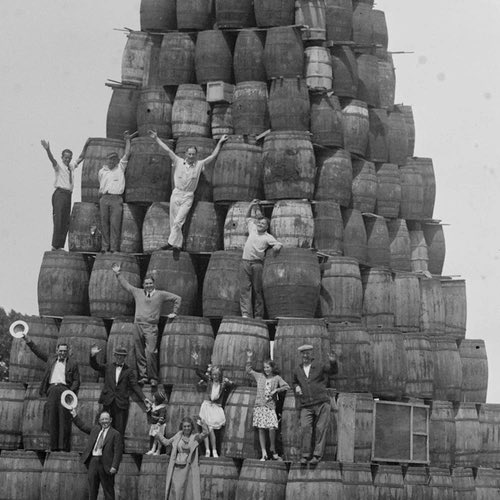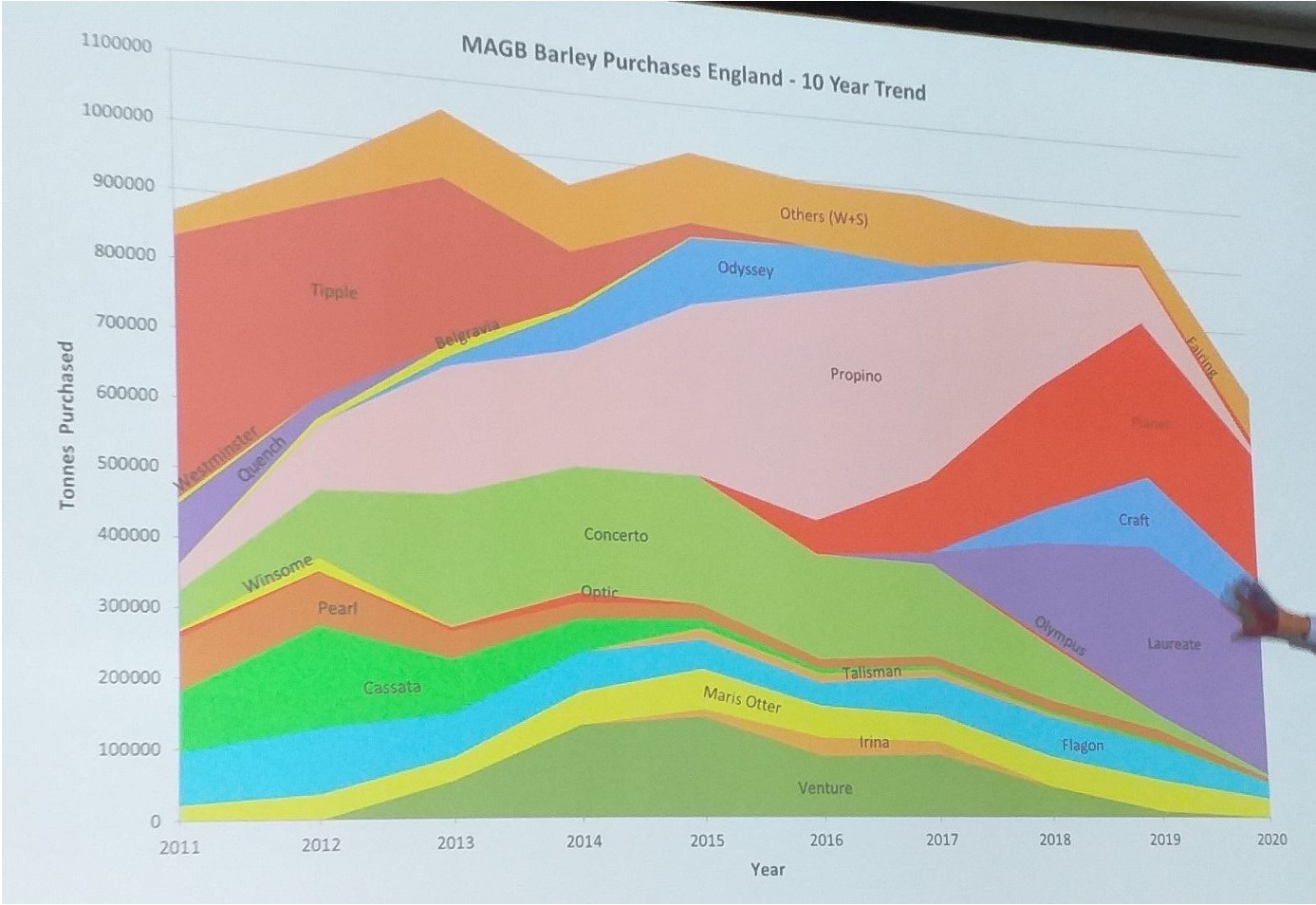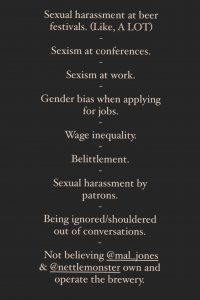First up this week, reality. We still had a fig tree out in the backyard with all its leaves on Wednesday. Doubt it will have them today. Have to check once it is light out. One way or another it’s almost an eight month growing season here by balmy Lake Ontario. Not something you could say even ten miles to the north. Harvested another load of parsley Monday. Pulled up a frisée endive that was mixed into supper, too. No snow yet. With any luck most of the leaves will be off the trees before it comes. Don’t want to have to deal with sawing fallen limbs. I plan to chop the willow back Saturday, saving the long branches for a bit of wattling next March. Suburban peasant. Suburban pleasant.
 Next, the coolest thing of the week was seeing that small object to the right. It’s a 1,000 year old, 14-sided die from Korea with carved instructions for a drinking game. One side says “let everybody hit you on the nose” while another says “drink a big cup and laugh loudly” all of which indicates a state of civilization far advanced from my youth spent playing caps and sticking playing cards on my forehead. DSL was pleased at the find.
Next, the coolest thing of the week was seeing that small object to the right. It’s a 1,000 year old, 14-sided die from Korea with carved instructions for a drinking game. One side says “let everybody hit you on the nose” while another says “drink a big cup and laugh loudly” all of which indicates a state of civilization far advanced from my youth spent playing caps and sticking playing cards on my forehead. DSL was pleased at the find.
Good news. Movement on the unionization of craft front with the creation of the Brewery Workers Union in the UK under the IWW banner. A bit of a manifesto explains why now:
Why do we need a union? As the interest in and sales of craft beer has risen significantly in the past 10 years it has also meant more workers are being exploited, suffering harassment and abuse, working in unsafe conditions, working long and unsociable hours leading to serious injuries all on insufficient pay, leading to physical & mental strain, burnout and fatigue. We have seen the ongoing issues with BrewDog and a wealth of other breweries in the UK, as well as active organising from other trade unions, in the US and across Europe.
On the other side of the economic divide, Brewdog has updated* that its plans for global domination are well on track:
Despite facing numerous challenges in 2021 we have managed to continue growing strongly and our UK wholesale sales for October are up 48% on October 2020 (which was also in growth). As well as growing strongly we have also created over 600 brand new jobs this year. We are determined to continue to share our passion for great beer with as many people as possible and to do all we can as a business to fight climate change. And we are determined to use every challenge we face as a catalyst to become better as a business.
Passion. Climate Change. Better. Growth. Perfect setting for a union. Relatedly, this message from Ren is the same as it ever was. Craft is a haven of cheapskates:
“Hi! Can you basically give us a ton of free info that we can use to improve our brewery, our charitable endeavor, and help us make more money?” *Sends them my rates* *Crickets* I would love for this to stop happening once a week. Pay Black people for our knowledge.
See also Ron circa 2014 when it was shocking for brewing history research to be considered a paid consultancy. Speaking of whom, he has some good advice if you happen to live in an empire a few months away from total collapse. Pay attention to the beer supply:
The more observant among you might have noticed that I’ve started writing about Germany and Austria in WW I. There’s a good reason for that. One that I’m not going to tell you quite yet. It is very revealing, though, to look at the war from the other side. The food and booze situation at home for the Central Powers made Britain look like the promised land, overflowing with milk and honey, Or at least bread and beer.
Ever look at a small brewery tax credit regulation? He’s one recently issued in Ontario, good old Ont. Reg. 711/21. All you really need to know is the formula [(A × B) ∕ F + (C × D) ∕ F] × G × H × J × K! Works on a sliding scale from more than 4.9 million litres but not more than 20 million litres of beer. Which is a lot of beer for businesses called small beer manufacturers. Is there anywhere where small means small?
As mentioned the other week, the Chicago Brewseum’s Beer Culture Summit is happening this weekend. Here is the list of events. I’ve signed up for Sunday if anyone wants to chat in the comments. Looking forward to this presentation:
Archaeologist and historian Dr. Christina Wade, archivist Tiah Edmunson-Morton, and organizer, attorney, author and documentarian Atinuke “Tinu” Akintola Diver discuss the unique experiences (both successes and roadblocks) they have seen throughout their careers researching, collecting and documenting beer and brewing history in a man’s world. This session is moderated and hosted by co-founder of the Albany Ale Project, Craig Gravina.
Speaking of the “ye” and the “olde” did you ever wonder why there is still so much old oak still around in the forests for booze barrels? It’s not because of booze barrels.
Once upon a time, I used to make home brewed ginger beer at about 1.3% based on a recipe from Clone Brews by the Szamatulskis. Great slurping by the bucket out in the garden. I was reminded of that by this rather extended commercial business news item on one Jamaican drinks maker bringing a similar if stronger sort of thing to market. I am not sure how you could ever make money on the 1.3% version – except it was so simple to make yourself who would bother buying it?
Stan and Jeff are having a bit of a parallel chat about the hop varieties which most attract a buyer’s attention. I have to admit something. I don’t have any interest in which hop varieties which most attract a buyer’s attention. I find folk rhyming off hop varieties as they sip a beer to be entirely missing the points. Most beer drinkers don’t care. But govern yourselves according to your own interests. Me, I like 1400s beer shipping records from the Baltic Sea. So go figure. Here are Stan’s questions:
Jeff Alworth posted a question yesterday from Atlanta (hey! we used to live there); more than one, in fact. So here are two I am thinking about: a) Is Citra/Mosaic becoming a marker of style in the way Saaz is in Czech pilsners or EKG in bitters? and b) Do [brewers] feel like the pairing has become so successful it’s constraining the style?
Beer price hikes coming in the US, in France and around the globe. I think things may be worse than this bit of PR gobbiltygook from Sam Adams might suggest, especially given their botch of the seltzer market by over-producing their Truly gak:
Truly is still in a premium position in the fastest-growing area of the alcoholic beverage industry, and it will be a strong platform to use in launching other products. “We are well positioned to succeed in 2022 and beyond,” founder Jim Koch said, “as consumers look to drink more ‘Beyond Beer’ products.” That success will come partly from raising prices across its portfolio by 3% to 6% in 2022. Those hikes reflect rising costs on raw materials like aluminum and glass, but they’re also designed to shore up its profitability now that the industry is maturing. Management had been prioritizing growth and market share, but now that focus is shifting toward achieving a stronger earnings profile.
See that? Raising prices to “shore up profitability” means paying more for less and covering up mistakes with the new cash. Craft. Reminds me of an ancient Korean saying: “let everybody hit you on the nose”!
Once again, a week of the good, the bad and (just above) the uh-guh-lee. For more, check out the updates from that same Boak and Bailey mostly every Saturday and from Stan now on a regular basis again every Monday, plus more with the weekly Beer Ladies Podcast, and at the weekly OCBG Podcast on Tuesday and sometimes on a Friday posts at The Fizz as well. There is a monthly sort of round up at The Glass. There is more from the DaftAboutCraft podcast, too. And the Beervana podcast. And sign up for Katie’s weekly newsletter, The Gulp, too. And check out the Atlantic Canada Beer Blog‘s weekly roundup. Plus follow the venerable Full Pint podcast. And Fermentation Radio with Emma Inch. The AfroBeerChick podcast as well! And also look at Brewsround and Cabin Fever. And Ben has his own podcast, Beer and Badword which may revive some day. And remember BeerEdge, too, and The Moon Under Water.
*Where did I put that link. Nov 1 at 11:20 am if you have it handy. Along these lines, it was. What a crap news service this is. No, here it is. Martin Dickie on LinkedIn. Why the hell do I follow him on LinkedIn. Why the hell am I on linked in?
















